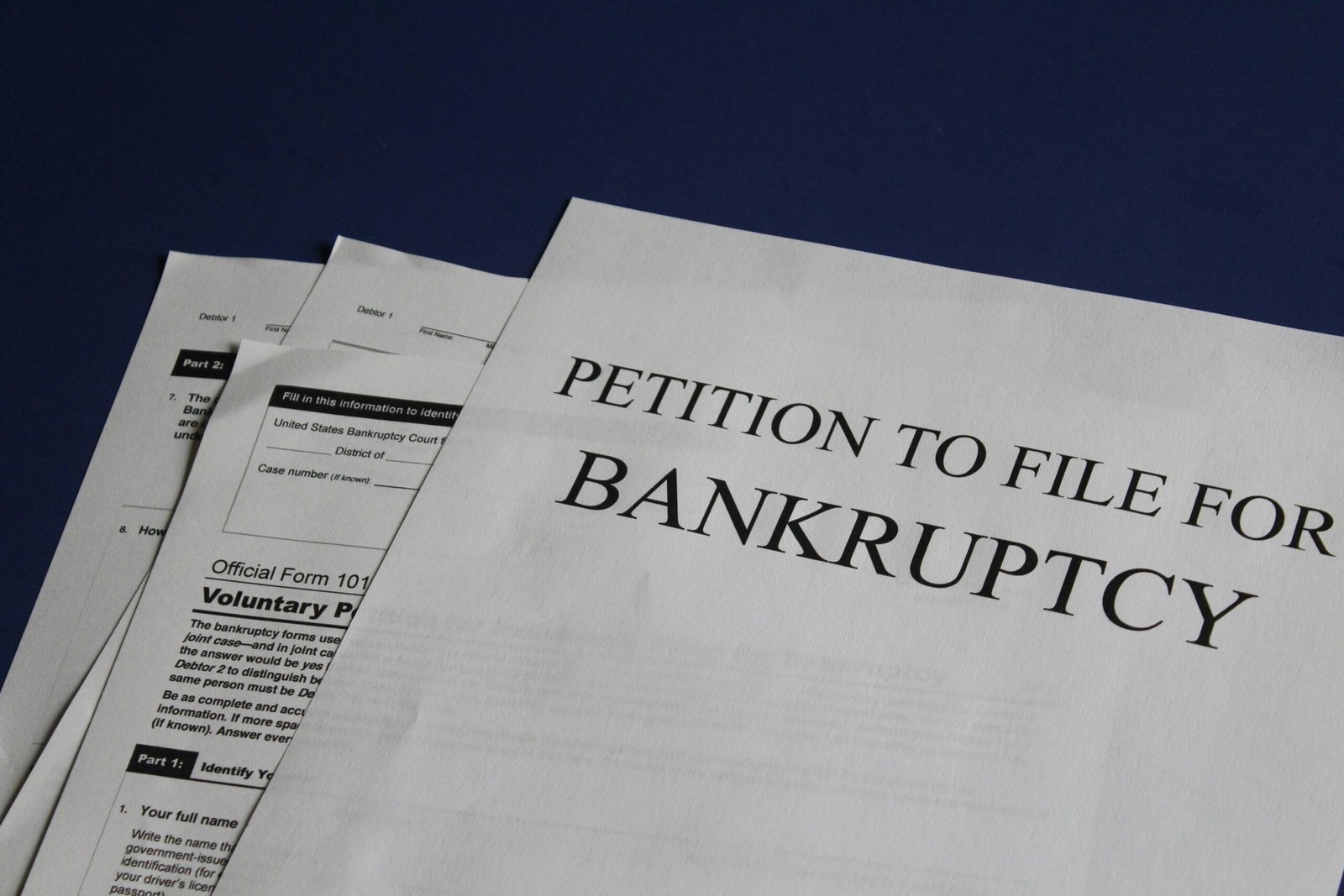“`html
Introduction to Domestic Violence in South Carolina
Domestic violence is a pervasive issue affecting countless individuals and families across South Carolina. It encompasses a range of abusive behaviors, including physical violence, emotional abuse, psychological manipulation, and financial control, all aimed at exerting power and control over an intimate partner. The legal system’s role in addressing domestic violence is crucial for ensuring the safety and well-being of victims and holding perpetrators accountable.
In South Carolina, domestic violence remains a significant concern. According to recent statistics, the state consistently ranks among the highest in the nation for rates of domestic violence, particularly in cases involving intimate partner homicide. This alarming prevalence underscores the urgency for robust legal measures and comprehensive support systems to combat and prevent domestic violence.
The South Carolina Department of Public Safety reported that, in recent years, there have been thousands of incidents of domestic violence annually, with many more likely going unreported due to fear, shame, or lack of resources. These statistics highlight the critical need for a legal framework that not only punishes offenders but also provides protection and support for victims.
Addressing domestic violence within the legal system involves a multifaceted approach. This includes the enforcement of protective orders, providing access to shelters and counseling services for victims, and ensuring that law enforcement and judicial personnel are adequately trained to handle such cases with sensitivity and efficiency. The legal system’s response must be comprehensive, involving coordinated efforts between law enforcement, social services, and community organizations to effectively address and mitigate the impact of domestic violence.
By understanding the scope and severity of domestic violence in South Carolina, stakeholders can better appreciate the importance of legal interventions and the need for continued advocacy and reform. This foundational knowledge sets the stage for exploring how the legal system specifically handles cases of domestic violence in the state, emphasizing the necessity of a justice system that is responsive to the needs of victims and committed to preventing further abuse.
“`html
Legal Definitions and Classifications of Domestic Violence
In South Carolina, domestic violence is delineated by strict legal definitions and classifications designed to protect victims and ensure justice. Under South Carolina law, domestic violence encompasses a variety of abusive behaviors, including physical abuse, emotional abuse, and economic abuse, each carrying specific legal implications.
Physical abuse is perhaps the most readily recognized form of domestic violence. It involves any intentional act causing physical harm or injury to another person. This includes hitting, slapping, punching, choking, and other forms of physical aggression. The severity and frequency of these acts can influence the legal consequences and charges brought against the perpetrator.
Emotional abuse, while less overt than physical abuse, is equally significant under South Carolina law. This type of abuse involves behaviors that cause psychological trauma, such as threats, intimidation, humiliation, and controlling actions. Emotional abuse can erode a victim’s mental health, leading to long-term emotional damage. Though more challenging to prove, emotional abuse is taken seriously in the legal context.
Economic abuse is another critical classification of domestic violence recognized in South Carolina. This form of abuse entails controlling a partner’s economic resources to maintain power and control over them. It includes actions like restricting access to money, forbidding employment, or deliberately sabotaging a partner’s financial stability. Economic abuse can leave victims financially dependent and vulnerable, complicating their ability to leave abusive relationships.
Understanding these classifications is essential for recognizing the full spectrum of domestic violence and addressing it effectively within the legal system. Each type of abuse is treated with the gravity it deserves under South Carolina law, ensuring comprehensive protection and justice for victims.
Reporting Domestic Violence: Steps and Procedures
In South Carolina, the process of reporting domestic violence is designed to ensure the safety of the victim and to initiate legal action against the perpetrator. The first step for a victim is to contact local law enforcement, either by dialing 911 in an emergency or by reaching out to a non-emergency police line if immediate danger is not present. Victims can also report domestic violence incidents to local domestic violence shelters or organizations, which can provide additional support and guidance.
Once law enforcement is contacted, officers are dispatched to the scene to assess the situation. Their primary concern is the safety and well-being of the victim. Upon arrival, officers will separate the parties involved to obtain individual statements about the incident. They may also look for physical evidence of abuse, such as injuries or property damage, and document their findings through photographs and written reports.
Law enforcement officers are trained to recognize the signs of domestic violence and are required to follow specific protocols. If there is probable cause to believe that domestic violence has occurred, the officers may arrest the alleged perpetrator. This decision is based on the evidence and statements collected at the scene. South Carolina law mandates that officers must make an arrest if they determine that physical harm was inflicted or if there is a credible threat of imminent harm.
In addition to making an arrest, the police will provide the victim with information about their rights and available resources, including contact information for local domestic violence shelters and legal assistance. Officers may also assist the victim in obtaining an emergency protective order, which can offer immediate, albeit temporary, protection from the abuser.
After the initial report and police intervention, the case is forwarded to the appropriate legal authorities for further action. This may include filing criminal charges against the perpetrator and initiating court proceedings. Victims are encouraged to cooperate with law enforcement and legal professionals throughout this process to ensure that justice is served and to receive the protection and support they need.
Legal Protections for Victims
The legal system in South Carolina provides a range of protections for victims of domestic violence, aimed at preventing further harm and ensuring their safety. Central to these protections are restraining orders and protective orders, both of which serve to legally restrict the abuser’s actions and proximity to the victim.
Restraining orders, often referred to as Orders of Protection, are legal documents issued by a court to protect individuals from harassment, abuse, or threats. In South Carolina, victims can file for an Order of Protection if they are related to the abuser by blood or marriage, have a child with the abuser, or are in a dating relationship with the abuser. The process typically begins with the victim filing a petition in family court. A hearing is usually scheduled within 24 hours, where the judge will consider the evidence before deciding whether to grant the order.
Once an Order of Protection is granted, it can include various provisions tailored to the victim’s needs. These may include no-contact orders, which prohibit the abuser from contacting the victim in any way, and stay-away orders, which mandate that the abuser maintains a specific distance from the victim’s home, workplace, or other frequent locations. Additionally, the order can address issues related to child custody and visitation, ensuring that the safety of children involved is also prioritized.
Enforcement of these orders is a critical component of the legal protections available. Violating an Order of Protection is a criminal offense in South Carolina, and law enforcement officers are empowered to arrest the abuser if the order is breached. This immediate response serves as a strong deterrent and underscores the seriousness of the legal measures in place.
In addition to restraining orders, victims may also seek other legal remedies such as filing criminal charges against the abuser or pursuing civil lawsuits for damages. These legal avenues provide comprehensive support, helping victims to recover and rebuild their lives free from the threat of domestic violence.
Prosecution of Domestic Violence Cases
The prosecution of domestic violence cases in South Carolina involves a meticulous legal process, starting from the initial charges to the trial. The prosecutor, representing the state, plays a pivotal role in pursuing justice for the victim. They are responsible for presenting compelling evidence to establish the defendant’s guilt beyond a reasonable doubt. The evidence may include witness testimonies, medical reports, photographs of injuries, and any other relevant documentation that can substantiate the claims of abuse.
On the other side, the defense attorney advocates for the defendant, challenging the prosecution’s evidence and presenting counterarguments. The defense may question the credibility of witnesses, introduce alternate explanations for the injuries, or argue that the evidence is insufficient to support a conviction. Both parties are bound by procedural rules that ensure a fair trial.
During the trial, the legal procedures are governed by the South Carolina Code of Laws. The trial typically begins with opening statements from both the prosecution and the defense, followed by the presentation of evidence and witness examination. The prosecution bears the burden of proof and must convince the jury or judge of the defendant’s guilt. Cross-examinations are crucial as they allow each side to challenge the other’s evidence and witness credibility.
Prosecuting domestic violence cases poses unique challenges. Victims may be reluctant to testify due to fear of retaliation or emotional attachment to the abuser. Additionally, the private nature of domestic violence incidents often results in a lack of direct witnesses. These challenges make it imperative for prosecutors to build a robust case with corroborating evidence.
In conclusion, the prosecution of domestic violence cases in South Carolina is a complex and demanding process. It requires skillful navigation of legal procedures, strategic presentation of evidence, and overcoming significant challenges to achieve justice for victims. Both the prosecutor and the defense attorney play critical roles in ensuring that the trial is fair and that the outcomes are just.
Support Services and Resources for Victims
In South Carolina, victims of domestic violence have access to a variety of support services and resources aimed at providing immediate safety and long-term assistance. These services are crucial for helping victims navigate the legal complexities and rebuild their lives.
One of the primary resources available is shelters. Numerous shelters across the state offer safe havens for victims and their children, providing a secure environment where they can escape the immediate threat of violence. These shelters often offer more than just a place to stay; they provide essential services such as meals, clothing, and personal care items. Additionally, shelter staff can assist with safety planning and connect victims to other necessary services.
Counseling services are another vital component of support for domestic violence victims. Specialized counseling can help individuals process their trauma, develop coping mechanisms, and work towards emotional recovery. Many organizations offer individual and group counseling sessions designed to address the unique challenges faced by victims of domestic violence. These sessions can be pivotal in helping victims regain their sense of self-worth and control over their lives.
Hotlines play a crucial role in providing immediate assistance to victims of domestic violence. The South Carolina Coalition Against Domestic Violence and Sexual Assault (SCCADVASA) operates a statewide hotline that offers confidential support and information. Trained advocates are available 24/7 to provide crisis intervention, safety planning, and referrals to local resources. These hotlines serve as a lifeline for victims, offering immediate access to help when it is needed most.
Legal assistance programs are also available to help victims navigate the complexities of the legal system. Organizations like the South Carolina Legal Services provide free or low-cost legal representation to victims of domestic violence. These programs can assist with obtaining protective orders, child custody arrangements, and other legal matters that are crucial for ensuring the victim’s safety and stability.
Overall, the array of support services and resources in South Carolina plays a vital role in helping victims of domestic violence secure their safety, navigate the legal system, and begin the process of rebuilding their lives. The combination of shelters, counseling, hotlines, and legal assistance forms a comprehensive support network that is essential for addressing the multifaceted needs of domestic violence victims.
Challenges and Criticisms of the Current Legal System
The legal system in South Carolina faces several significant challenges and criticisms in handling cases of domestic violence. One of the foremost issues is underreporting. Many victims of domestic violence are reluctant to come forward due to fear of retaliation, mistrust in the legal system, or social stigmas. This underreporting means that numerous cases go unaddressed, leaving victims without the necessary support and protection.
Another critical concern is the effectiveness of legal protections currently in place. Although there are laws designed to protect victims, their enforcement often falls short. Restraining orders, for instance, are a common legal tool meant to offer immediate protection. However, their effectiveness is frequently questioned due to lapses in enforcement and the ease with which they can be violated. Additionally, there are criticisms regarding the adequacy of penalties for offenders. Many argue that the legal repercussions for domestic violence are not stringent enough to deter perpetrators or to provide justice for victims.
The need for reforms is evident in the ongoing discussions surrounding the legal system’s approach to domestic violence. Advocates for change emphasize the importance of comprehensive reforms that focus on both prevention and support for victims. This includes better training for law enforcement and judicial officials on the complexities of domestic violence, as well as increased funding for support services such as shelters, counseling, and legal assistance. Furthermore, there is a call for more robust community education programs to raise awareness about domestic violence and to encourage reporting.
In addressing these challenges and criticisms, it is crucial that the legal system in South Carolina evolves to better support victims of domestic violence. This involves not only strengthening legal protections and enforcement but also fostering a more supportive environment for victims to come forward. Through comprehensive reforms, the state can hope to mitigate the impact of domestic violence and provide more effective support to those affected.
Recent Developments and Future Directions
In recent years, South Carolina has made significant strides in addressing domestic violence through various legislative and policy changes. One notable development is the passage of the Domestic Violence Reform Act, which aims to provide more comprehensive protection for victims while imposing stricter penalties on offenders. This act has introduced enhanced sentencing guidelines, ensuring that repeat offenders face more severe consequences. Additionally, it has expanded the scope of protective orders, making it easier for victims to obtain the protection they need.
Another critical change has been the emphasis on improving law enforcement training. South Carolina has implemented mandatory training programs for police officers, focusing on the complexities of domestic violence cases. This training includes recognizing the signs of abuse, understanding the psychological impact on victims, and effectively intervening in domestic violence situations. By equipping law enforcement with the necessary tools and knowledge, the state aims to ensure a more informed and sensitive response to domestic violence incidents.
Moreover, South Carolina has prioritized collaboration between various stakeholders, including law enforcement, social services, and the legal community. Coordinated community response teams have been established to facilitate communication and cooperation among these entities. This collaborative approach aims to provide a holistic support system for victims, addressing their immediate safety needs and offering long-term assistance such as counseling and legal aid.
Looking ahead, South Carolina is exploring further measures to enhance its response to domestic violence. Proposed reforms include expanding access to emergency housing for victims and their children, increasing funding for domestic violence shelters, and implementing more robust educational programs to raise awareness about domestic violence in schools and communities. Additionally, there is ongoing discussion about the potential for specialized domestic violence courts, which would streamline the judicial process and ensure that cases are handled by judges with specific expertise in domestic violence.
Overall, these recent developments and future directions reflect South Carolina’s commitment to improving the legal system’s response to domestic violence, ensuring that victims receive the protection and support they deserve while holding offenders accountable for their actions.



